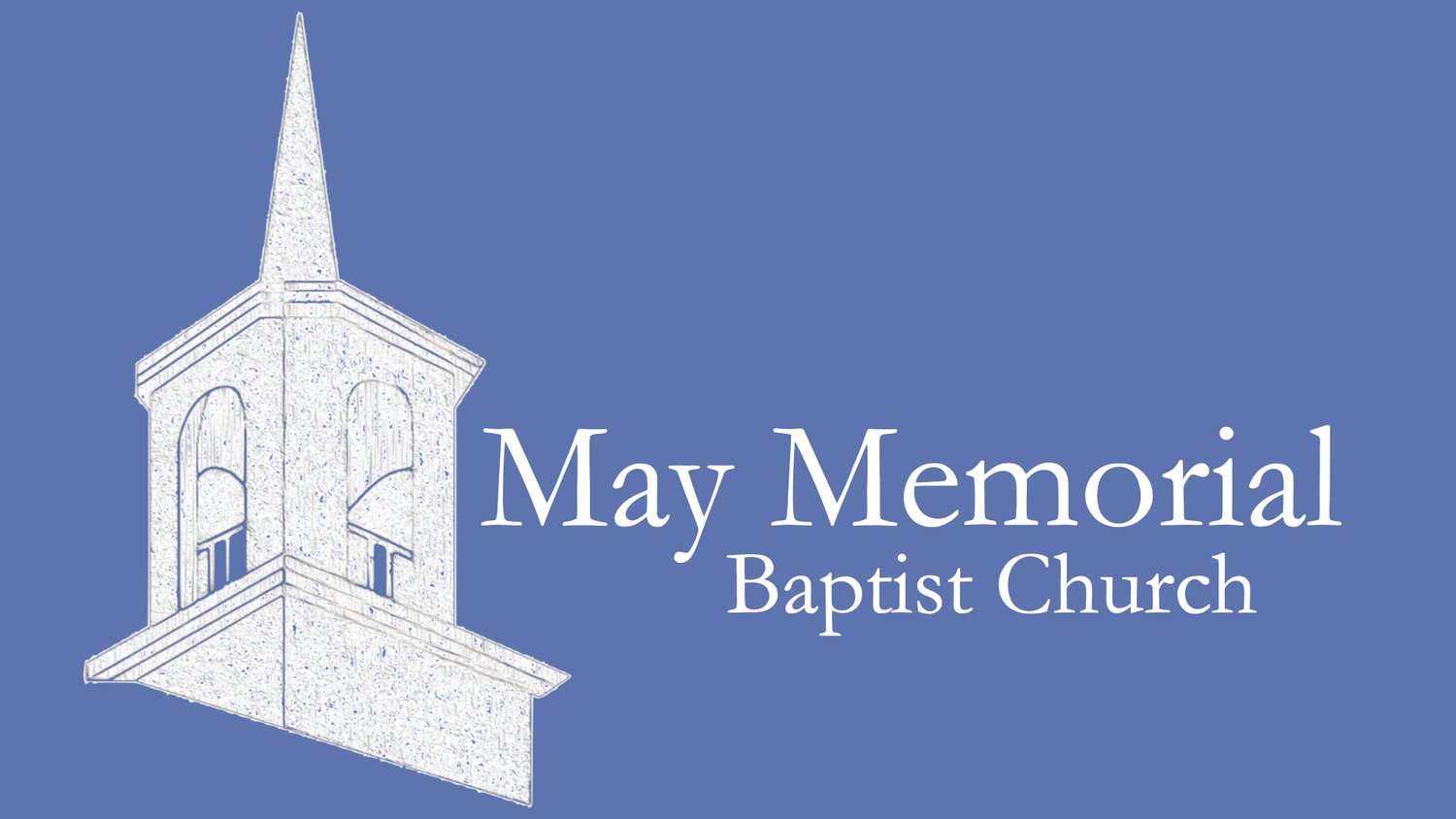The Cross and the Lynching Tree
A couple of weeks ago during a May Memorial Wednesday night gathering we read the text from Matthew’s gospel in which Jesus, angry at the Pharisees, refers to them as “blind guides leading the blind.” This is a repeated theme in the gospels. In another text, after the healing of a blind man, Jesus discusses this issue of blindness, of “not-seeing,” and the story concludes with the Pharisees saying to one another, “surely he is not talking about us.” He was. They were blind to all kinds of important things.
Last week I read James Cone’s The Cross and the Lynching Tree. In it Cone discusses in detail the “American Holocaust” of the lynching of over 5,000 black men, women, and children. It is theological as much as it is historical, and Cone contends that the similarities between the death of Jesus on the Cross are too similar to the deaths of those lynched in the United States for us to miss. Lynching and crucifixion, as a public display, are as much about the witnesses as they are about the victims. “If you question the system, this will happen to you too.”
But what I carry with me from Cone’s deeply troubling work is how the church is tied up in the culture that lynched over 5,000 black men, women, and children. First, it was conservative or Evangelical church members who were doing the lynching. These were not godless atheists or agnostics who were burning and whipping and shooting black human flesh. One contemporary observer noted that “the most cruel heathen could do no worse” (than the church members were doing). Another wrote that “if this is Christianity, I hate and despise it.”
White liberals, whether they be secular or Christian, would love to think they got it all right, that it was not their party, their church, their “tribe” that participated in this atrocity. Cone spends more than a chapter pointing out how the mainline church, how liberal Christians, stood by and refused to name this murderous evil in their culture. Reinhold Niebuhr is perhaps the most celebrated American Theologian of all American history, but certainly of the 20th century. He pastored a large Presbyterian Church in Michigan before going to Union Seminary in NYC for a revered teaching and writing career. Reinhold Niebuhr probably influenced American government, culture, and religion more than any other Christian thinker and theologian, and he is still cherished by many Christians, especially those of a more liberal orientation. Barak Obama once stated that Reinhold Niebuhr was his favorite theologian, the one who influenced him most deeply. But Cone points out over many pages that Reinhold Niebuhr did nothing to call out this evil in America. Neither did the evangelists Dwight Moody, or Billy Graham, or Billy Sunday. The list goes on and on.
There are exceptions, the German Dietrich Bonhoeffer is one, who made the courageous moral decision to speak out. But the exceptions are few.
The blind were leading the blind.
I would recommend The Cross and the Lynching Tree, it is a great book. Cone discusses how music voiced much of the despair and lament felt by black Americans. He talks about the song Strange Fruit, written by a Jewish American (Abel Meeropol) and sung by Billie Holiday, and how no record company would record the song because it painted such a clear picture of what was happening. You can't listen to this song and "not see."
But as I read and considered Jesus’ words “blind guides leading the blind,” I wondered how we think today that we see everything so clearly. The Democrats will tell you this week in their convention that they are the ones who see it all so clearly. Next week the Republicans will do the same thing. But remember, the Pharisees missed it. Nineteenth and twentieth century American Christians missed it. German Christians missed it as Hitler rose to power. In the history of the church between these two historical times there were blind guides leading the blind as well. How foolish for me to think that the blindness Jesus spoke about has cleared up, for a country, a culture, or just for me.
I am prone to blindness, and so are you. Understanding this should keep us humble, and looking, and trying to refocus. Because the things that we are blind to can be deeply important, matters of life and death.
